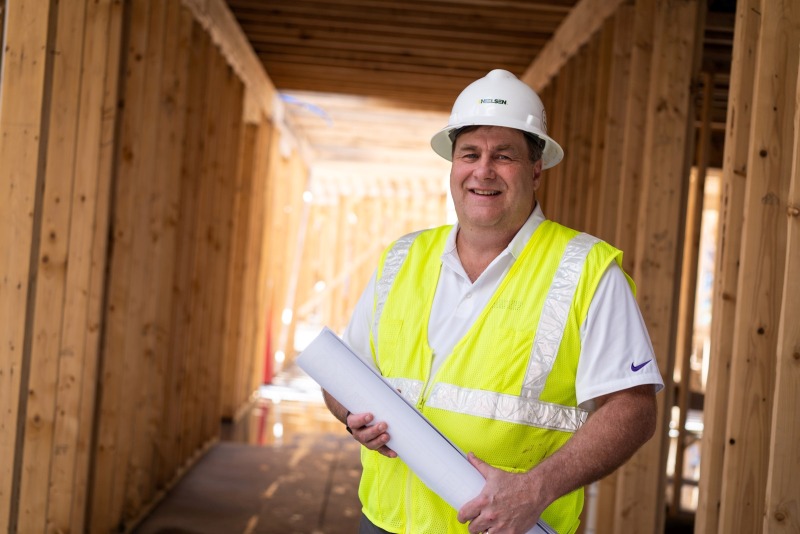Conventional Mortgage Requirements
To qualify for a conventional mortgage, you’ll need to meet certain requirements, such as a minimum credit score, good credit history, and proof of debt-to-income ratio. The best way to get started is to apply for pre-approval. Getting pre-approved is a simple process; you can provide basic information to your lender over the phone or in person. Then your lender provides a letter stating your pre-approval amount. This is how much you will probably be able to borrow once you officially apply, though it isn’t a guarantee. Home buyers like pre-approvals because it gives them a price range to shop in. Buyers also like pre-approval letters, making it more likely that your offer will be accepted.
Conventional Mortgage Down Payments
You should try to put 20 percent down on your conventional mortgage. If you want to make a lower down payment, you’ll have to pay a Private Mortgage Insurance premium every month until you attain 20 percent equity in your home. Remember that your down payment, as well as the total amount of your loan and the monthly payments, are affected by your interest rate and loan term. With conventional home loans, you can choose between a fixed-rate or adjustable-rate mortgage (ARM). Fixed rate means you “lock in” today’s interest rates for the life of your loan. The rate will never go up or down, and your monthly mortgage payments will remain steady. ARMs can be attractive because the introductory rate is usually a little lower. However, after that initial period (usually a few years) ends, your rate will adjust up or down every year, depending on the benchmark rate used by your lender. If you don’t want to stay in the ARM forever, you can always refinance it into a fixed-rate mortgage.
Conventional Mortgages vs FHA Loans: what are the pros and cons?
Some of the factors we’ve already mentioned, such as down payment size and mortgage insurance, factor prominently in a homebuyer’s choice of a conventional or FHA loan. Here are the pros and cons of each loan type as they apply to the most popular concerns.
Down Payment
FHA loans are popular with first-time homebuyers, as well as those with a low-to-moderate income. One of the reasons for this is FHA’s down payment flexibility. Put as little as 3.5 percent down, which can come from gift money. You can also use a seller’s assist to cover some of the closing costs.
Conversely, there is less flexibility with down payments on a conventional loan. You’ll need to put more money down, and you may not be able to use a financial gift or inheritance. Conventional loans also usually prohibit the use of a seller’s assist.
Credit Score
FHA loans are also friendlier to buyers with a lower-than-average credit score. You may be able to qualify for an FHA loan with a score of 500 or higher, as opposed to the 600+ typically needed to secure a conventional mortgage.
It’s worth noting that, with both FHA loans and conventional mortgages, your credit score will affect your required down payment, as well as the interest rate you end up with. So, if your score is a potential concern, try to spend some time building it up before you apply.
Mortgage Insurance
Have you been wondering what the catch is yet? If FHA loans are so much more flexible, wouldn’t most people get one? Mortgage insurance is the reason they don’t. As we mentioned, you will need to pay PMI on a conventional loan with a lower-than-20-percent down payment, but only until you have 20 percent equity. On the contrary, FHA loans require a mortgage insurance premium through the life of the loan.
In short, FHA loans make homeownership possible for many people who can’t qualify for or afford a down payment on a conventional mortgage. But for people who can go conventional, mortgage insurance is a big motivator.
F&M Mortgage: A Virginia Tradition Since 1908
F&M Mortgage, a division of F&M Bank, has been investing in Shenandoah Valley communities, and helping Virginians become homeowners, for more than a century. Our Mortgage Advisors pride themselves on offering friendly, personalized service, with the kind of local expertise you only find in people who live and work in your community. Ready to get pre-approved? Still have questions? Apply online or in person at your nearest branch. Or call us today for help choosing the right home loan.

